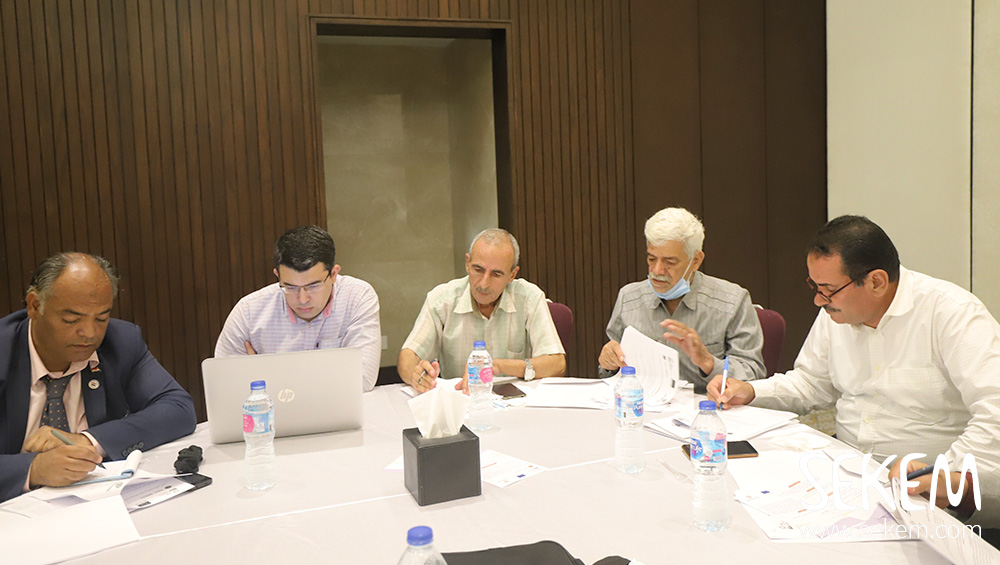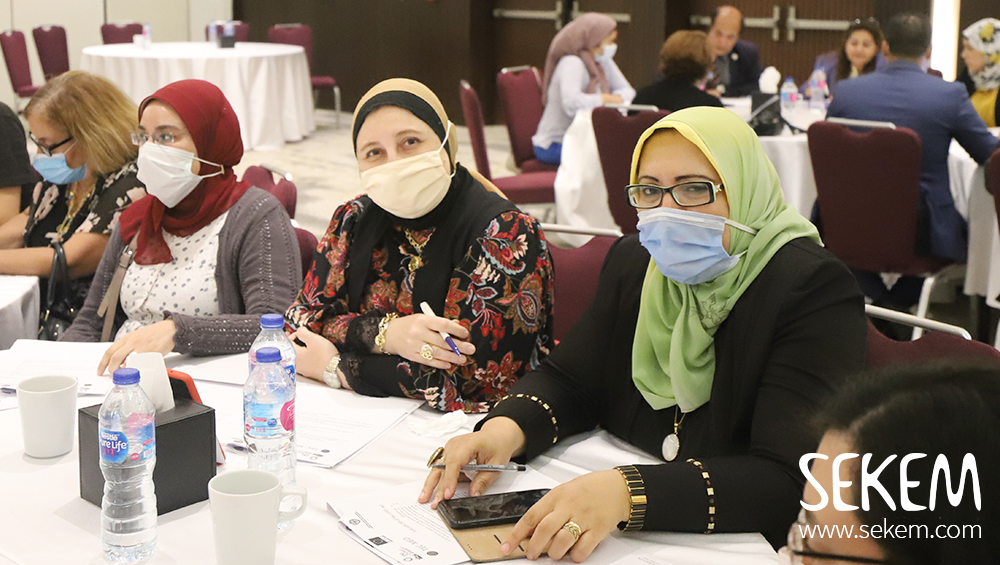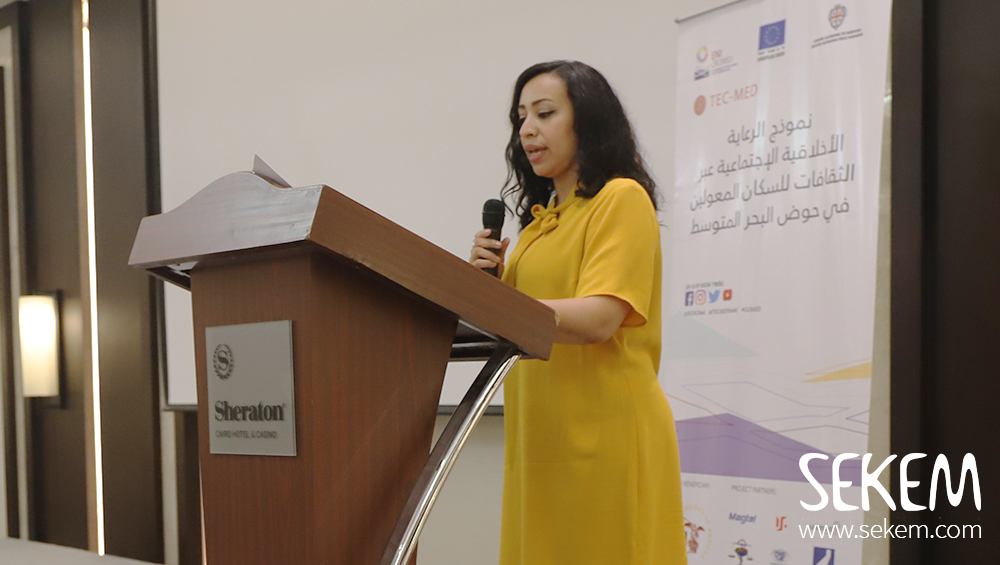Within the framework of socio-ethical sustainable care, SDF (SEKEM Development Foundation) and ASRT (Academy of Science, Research and Technology) had held a workshop in Cairo on 27th of October under the title TEC-MED project.
More than 25 representatives of the Egyptian government in the field of health and social care for the elderly, representatives from civil society organizations, and the scientific research sector attended the workshop aiming to discuss ways to improve the social services that are provided to the dependent elders and at risk of social exclusion in the Mediterranean basin. It was agreed that a common model that is supported by digital software shall be developed to support cooperation among institutions for the set-up of laboratories of “ideas” for designing innovative social services.

The core of the event was to develop an innovative and cost-effective socio-ethical care and cross-cultural intervention framework that will improve and adapt social care policies tackling the phenomenon of the ageing population. According to the set framework, this model of social care will serve both dependent and/or chronically ill elderly people, in addition to those exposed to Covid-19 and lacking the necessary support. Also, this model will serve caregivers who are working in social care and non-governmental as well as governmental organizations in order to improve the different services provided.
The workshop had touched upon several discussions starting with explaining the already identified dimensions of this model, then moved to the presentation of the outline of the main lines of the suggested action plan and finally the attendees introduced their proposals for the model of TEC-MED action plan.

By the application of the project, 28,200 people will be covered by improved social services in the Mediteranean . 12 agreements between public administrations and relevant stakeholders for coordinated planning and implementation of social services will be established, 90 social care professionals will be involved in social pilot schemes, 6 action plans for public administrations will be put, and one online platform for cooperation and partnership between public institutions and social care actors will be launched.
Fayrouz Mohamed


